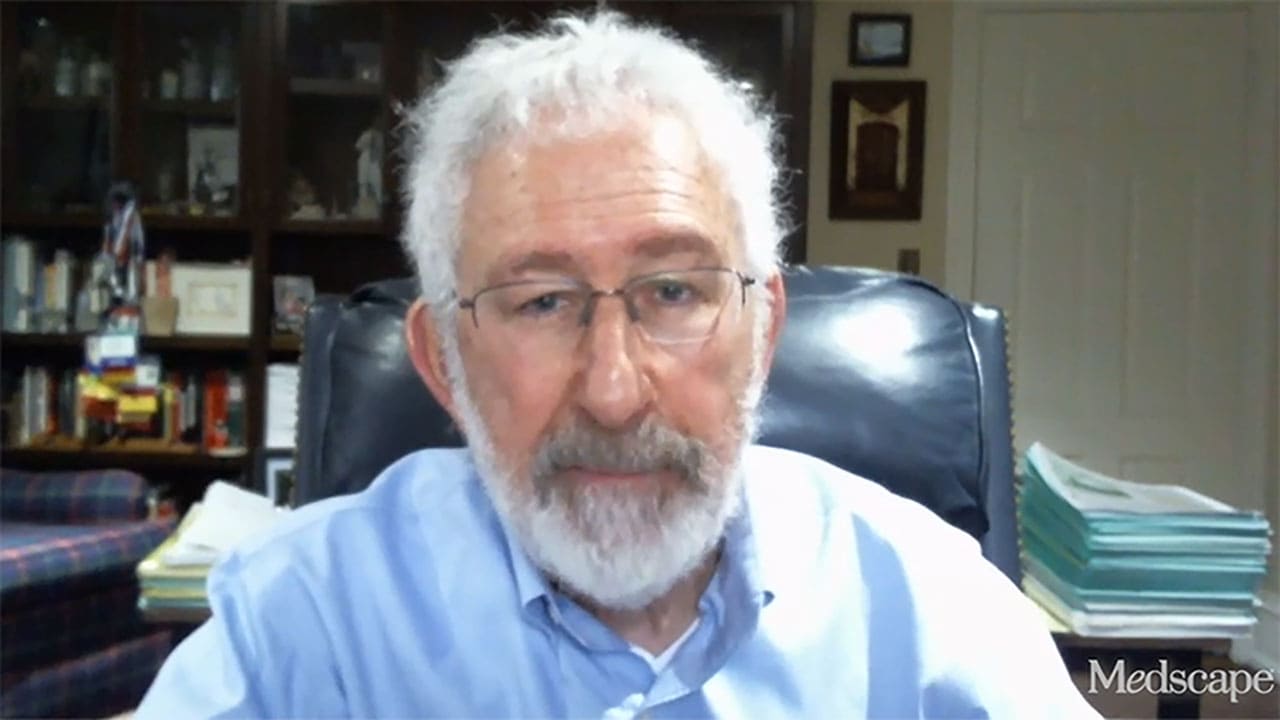Oncologists' Financial Concerns Regarding Genomic Testing for Cancer Patients
Core Concepts
Oncologists are significantly influenced by patients' insurance coverage and out-of-pocket costs when deciding whether to order genomic testing, which can be crucial for guiding cancer treatment.
Abstract
The content discusses the complex decision-making process that oncologists face when considering genomic testing for their cancer patients. Key points:
Genomic testing has become the standard of care in oncology, but oncologists are still grappling with factors that influence their decision to order such tests.
A 2017 survey found that nearly half of oncologists (47%) said that knowledge of the patient's insurance coverage is a very significant factor in their decision to order genomic testing, as they are concerned that insurance may not cover the costs.
Additionally, over 60% of oncologists are very concerned about the out-of-pocket costs for patients, even if insurance partially covers the testing, as the tests can be quite expensive (over $1000).
This financial consideration is an important factor, as genomic testing can provide crucial information to guide cancer treatment, and missing out on such testing could mean missing out on potentially lifesaving therapies.
The author emphasizes the need for more societal discussion and solutions to address the healthcare payment system issues that are influencing oncologists' decisions around genomic testing for their patients.
Genomic Testing: Oncologists' Financial Concerns
Stats
Almost half of the doctors (47%) said knowledge of the patient's insurance is a very significant factor in their decision to obtain genomic testing.
Almost 60% of the doctors said they are very seriously concerned about the out-of-pocket costs for patients, even if insurance may pay.
Quotes
"Almost half of the doctors, 47%, said this is a very significant factor, meaning if the insurance doesn't cover it, perhaps they won't order the test even though it might be lifesaving."
"Almost 60% of the doctors said they are very seriously concerned, or they care about, or they want to know about that, or that's going to influence their obtaining such testing."
Key Insights Distilled From
by Maurie at www.medscape.com 06-13-2024
https://www.medscape.com/viewarticle/genomic-testing-oncologists-financial-concerns-2024a1000a15
Deeper Inquiries
What policy or regulatory changes could help address the financial barriers that are influencing oncologists' decisions around genomic testing for cancer patients?
To address the financial barriers influencing oncologists' decisions regarding genomic testing for cancer patients, several policy or regulatory changes could be considered. One approach could involve advocating for standardized insurance coverage policies across different providers to ensure that genomic testing is included as a standard of care without significant out-of-pocket costs for patients. This could involve working with insurance companies and policymakers to establish guidelines that mandate coverage for essential genomic testing in cancer care. Additionally, regulatory changes could focus on increasing transparency in pricing for genomic tests, encouraging competition among testing providers to drive down costs, and implementing reimbursement mechanisms that adequately compensate oncologists for ordering these tests. By streamlining insurance coverage and reimbursement processes, oncologists may feel more confident in recommending genomic testing for their patients without concerns about financial implications.
How might the financial concerns of oncologists around genomic testing impact patient outcomes and access to potentially lifesaving treatments?
The financial concerns of oncologists around genomic testing can have a significant impact on patient outcomes and access to potentially lifesaving treatments. If oncologists are hesitant to order genomic testing due to uncertainties about insurance coverage or high out-of-pocket costs, patients may miss out on crucial information that could guide personalized treatment decisions. Without access to genomic testing, patients may receive suboptimal or ineffective treatments, leading to poorer outcomes and potentially limiting their chances of benefiting from targeted therapies or precision medicine approaches. Additionally, the financial barriers associated with genomic testing may disproportionately affect underserved populations or those with limited financial resources, further exacerbating disparities in access to cutting-edge cancer care. Addressing these financial concerns is essential to ensure that all patients have equal opportunities to benefit from the latest advancements in genomic medicine.
What innovative payment models or cost-sharing approaches could be explored to make genomic testing more affordable and accessible for cancer patients?
To make genomic testing more affordable and accessible for cancer patients, innovative payment models and cost-sharing approaches could be explored. One potential strategy could involve the development of value-based pricing models for genomic tests, where the cost is tied to the clinical utility and impact of the test results on treatment decisions. This approach could incentivize testing providers to demonstrate the value of their tests and justify the associated costs. Additionally, exploring alternative payment arrangements, such as bundled payments or capitated models, could help reduce the financial burden on patients by consolidating the costs of genomic testing into a single payment for comprehensive cancer care. Collaborative efforts between healthcare providers, payers, and testing laboratories to negotiate discounted rates or volume-based pricing agreements could also help lower the overall cost of genomic testing and make it more accessible to a broader patient population. By experimenting with innovative payment models and cost-sharing strategies, stakeholders can work towards ensuring that genomic testing is both affordable and equitable for all cancer patients.
0
More on Healthcare
